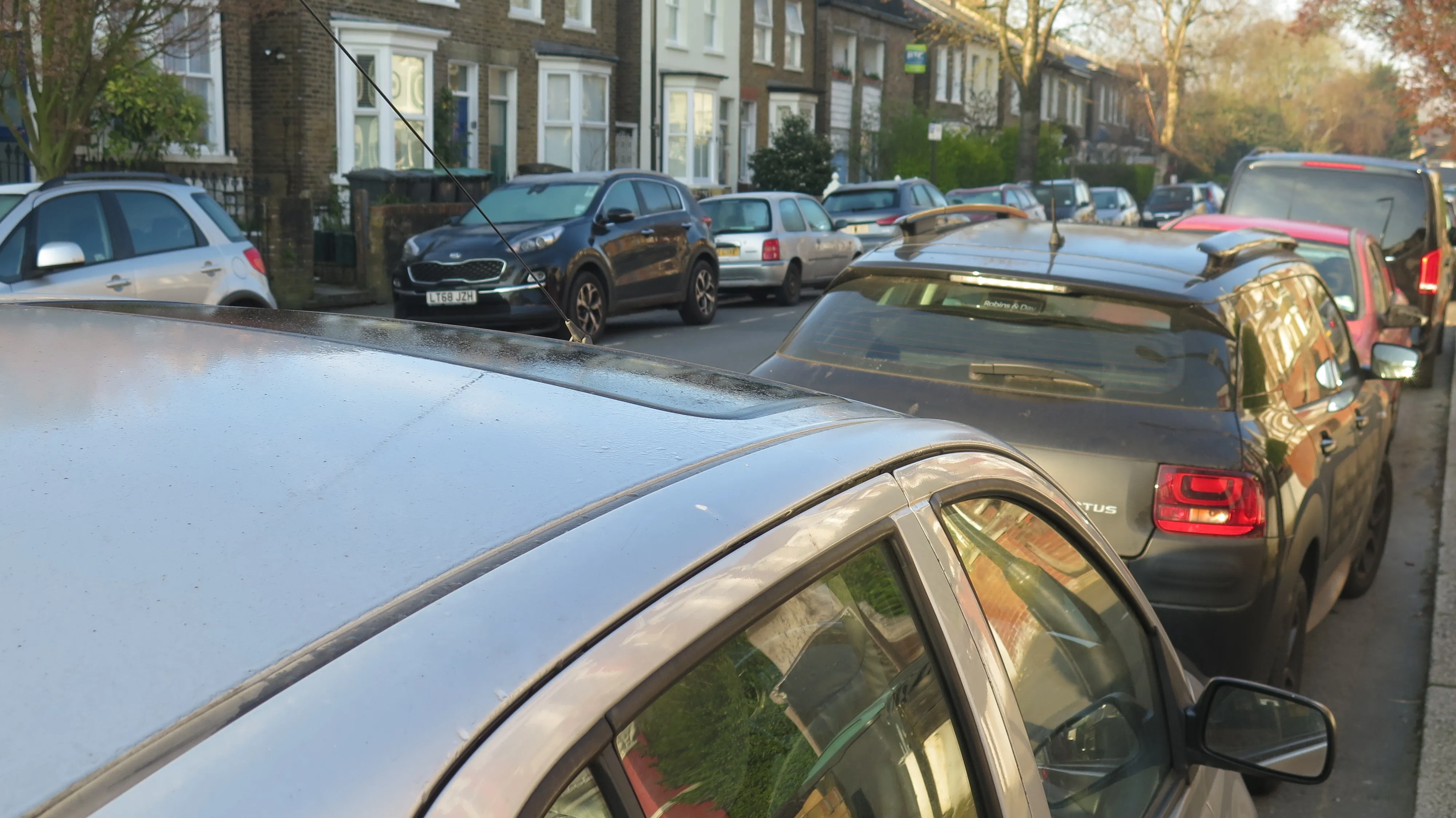
Kerb management firm AppyWay has launched its Parking API (application programming interface) that the company says will save drivers time when looking for a parking space.
It uses standardised and interoperable parking data as recognised by the UK government’s Future of Mobility: Urban Strategy.
“The underlying problem is parking information, or as we like to call it, kerbside intelligence,” explained Dan Hubert, founder of AppyWay.
“Take for example a carpenter working for a facilities management company. They need to know if it's free or legal to park [at a site], how much it might cost and more importantly, what is the maximum stay permitted."
"Our Parking API has been specially designed to be able to expose this level of insight, helping them drive straight to the right space that suits their needs, quickly and safely,” said Hubert.
AppyWay says that the Parking API can be used by businesses to deliver benefits for their own operations but also by software developers, who are solving problems for their customers and looking to add value across their product offerings.
With high-definition coverage, the API collects and refreshes kerbside data, combining with it a cost calculator so that developers can build tailored solutions to meet a wide variety of use cases.
AppyWay says that its Parking API is available for developers with a limited free trial.










